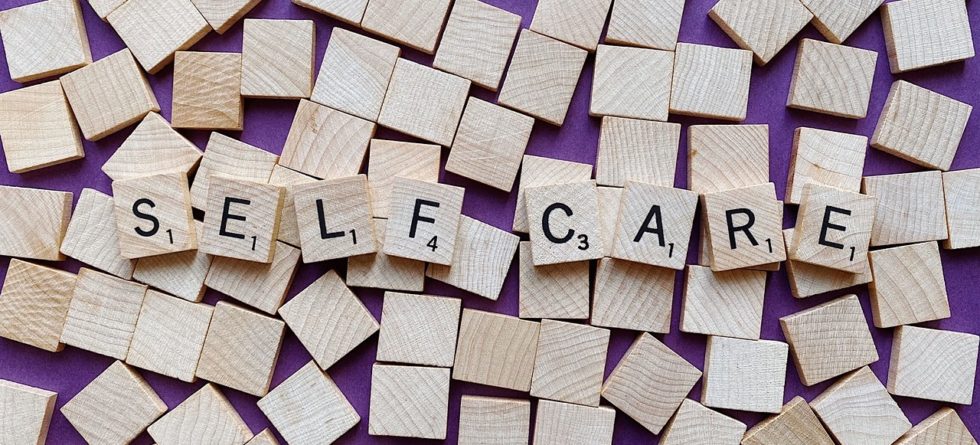Mental and emotional healing is a deeply personal process that can vary from person to person. It often involves a combination of self-care, professional support, and lifestyle changes.
Here are some strategies that can help in the journey toward mental and emotional healing…
- Acknowledge and Accept Your Feelings- Recognize your emotions without judgment. Accepting that it’s okay to feel sad, angry, hurt, or any other emotion is the first step towards healing.
- Seek Professional Help- Therapists, counselors, and psychologists can offer guidance and strategies to work through your emotions. They can provide a safe space to explore your feelings and experiences.
- Practice Self-Care- Prioritize activities that nourish your body, mind, and spirit. This could include exercise, healthy eating, enough sleep, and engaging in hobbies or activities that bring you joy.
- Cultivate Mindfulness and Meditation- These practices can help you stay present and reduce stress. They teach you how to observe your thoughts and feelings without being overwhelmed by them.
- Establish a Support System- Connect with friends, family, or support groups who can offer empathy and understanding. Sharing your experiences with others who listen and care can be incredibly healing.
- Set Healthy Boundaries- Learn to say no to situations or relationships that drain your emotional energy. Setting healthy boundaries is a way to protect your well-being.
- Engage in Reflective Practices- Journaling, art, or music can be therapeutic outlets for expressing your emotions and thoughts. Reflective practices can offer insights into your feelings and help you process them.
- Challenge Negative Thinking Patterns- Work on identifying and challenging negative thoughts or beliefs that may be contributing to your emotional pain. Cognitive-behavioral therapy (CBT) techniques can be particularly effective in this area.
- Develop Coping Strategies- Identify coping mechanisms that work for you, whether it’s deep breathing exercises, talking to a friend, or going for a walk. Having a toolkit of strategies can help you manage emotional lows more effectively.
- Give Yourself Time- Healing is not a linear process, and it’s important to be patient with yourself. Allow yourself the time you need to heal, understanding that some days will be harder than others.
- Embrace Change- Sometimes, healing involves making changes in your life, whether it’s changing habits, ending toxic relationships, or shifting your mindset. Be open to change and the growth that comes with it.
- Focus on Forgiveness- This includes forgiving others who may have hurt you and forgiving yourself. Holding onto anger and resentment can hinder your emotional healing.
- Seek Meaning and Purpose- Engaging in activities that feel meaningful or contribute to a larger purpose can enhance your sense of well-being and help in healing.
Seeking professional help is a sign of strength, not weakness. Reach out for support when you need it and to be compassionate with yourself throughout the healing process.





